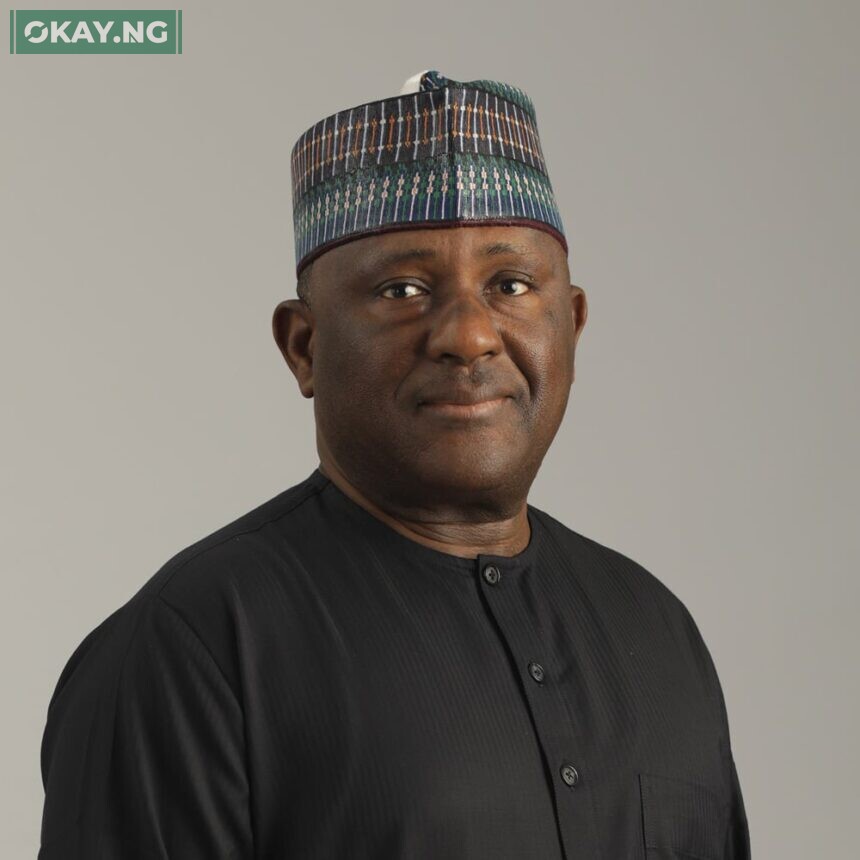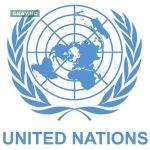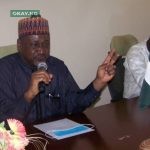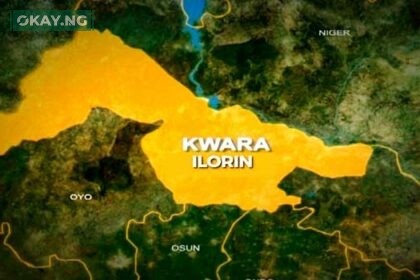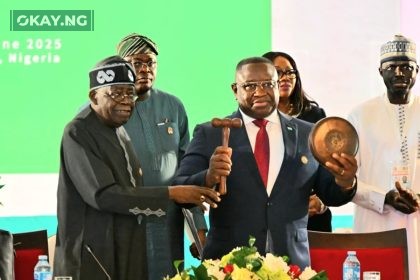Abdul Samad Rabiu, Chairman of BUA Group, has lauded President Bola Ahmed Tinubu’s administration for its economic policies, emphasizing their positive impact on the Nigerian business environment.
In a recent interview, Rabiu specifically commended the removal of fuel subsidies and the unification of the foreign exchange (FX) regime, stating these measures have created a more stable and equitable landscape for businesses and are pivotal for the nation’s progress.
“The removal of fuel subsidies was necessary to save the economy,” Rabiu stated firmly. He elaborated that the subsidy regime meant Nigeria was effectively “subsidizing the entire region,” a situation he deemed unsustainable.
He highlighted the significant cost savings, noting that “these funds can now be directed towards infrastructure development,” benefiting all states. Rabiu praised President Tinubu’s “boldness” in implementing this long-debated policy, calling it a crucial step.
Regarding the unification of the FX regime, Rabiu recounted the previous arduous process where businesses, including his own, were “spending excessive time chasing FX from the Central Bank of Nigeria (CBN).”
He described a scenario where “you spend, you know, 90% of your time trying to see how you can get FX from CBN,” which hampered operational efficiency.
He noted that now, “businesses can operate more efficiently without this hurdle,” as “everybody now is equal.” Rabiu affirmed, “There is now more equality and fair play in business under President Tinubu.”
He shared a past experience of a business being unfairly shut down due to personal interests, stating that such actions are unlikely to happen now due to “increased sanity, stability, and compliance.”
While acknowledging the “continuity of good policies from the previous administration,” citing an instance where the intervention of the former president was crucial for his business, Rabiu emphasized a key difference.
He stressed that “under the current administration, businesses don’t need presidential access to ensure fair treatment.”
The BUA Group Chairman highlighted the tangible positive impact of these policy changes on “infrastructure investments,” mentioning projects in various regions.
He noted that “increased government revenue allows for more development.” On the critical issue of food security, Rabiu discussed BUA Group’s “increased investments in food production facilities,” underscoring their commitment to contributing to national self-sufficiency.
Explaining BUA Group’s continued substantial investments in Nigeria, Rabiu cited a “more stable environment” and “the ability to plan better.” He expressed “increased confidence in the country,” which he believes is “leading to more foreign investment.”
He revealed that BUA has “invested over a billion dollars in the past two years.” “Nigeria has potential, and good leadership is crucial,” Rabiu stated, identifying the removal of fuel subsidy, FX unification, and the “establishment of stability and sanity” as key achievements of President Tinubu’s administration.
Addressing the high cost of food, Rabiu recounted a pertinent discussion with the President. He mentioned the “positive impact of a temporary tariff waiver on rice imports in breaking the cycle of hoarding and artificial scarcity,” which helped to stabilize prices.
A staunch believer in local capacity, Rabiu expressed his commitment to “backward integration,” highlighting how BUA Group’s cement business “largely utilizes local resources.”
He pointed out the “cost-effectiveness of local cement production compared to imports” and acknowledged “government concessions supporting local industries.”
Rabiu concluded with a strong call to action for other investors: “I strongly encourage others to invest in Nigeria,” emphasizing the nation’s “population, resources, climate, water availability, and current strong leadership.” “This is the time to invest,” he urged.


